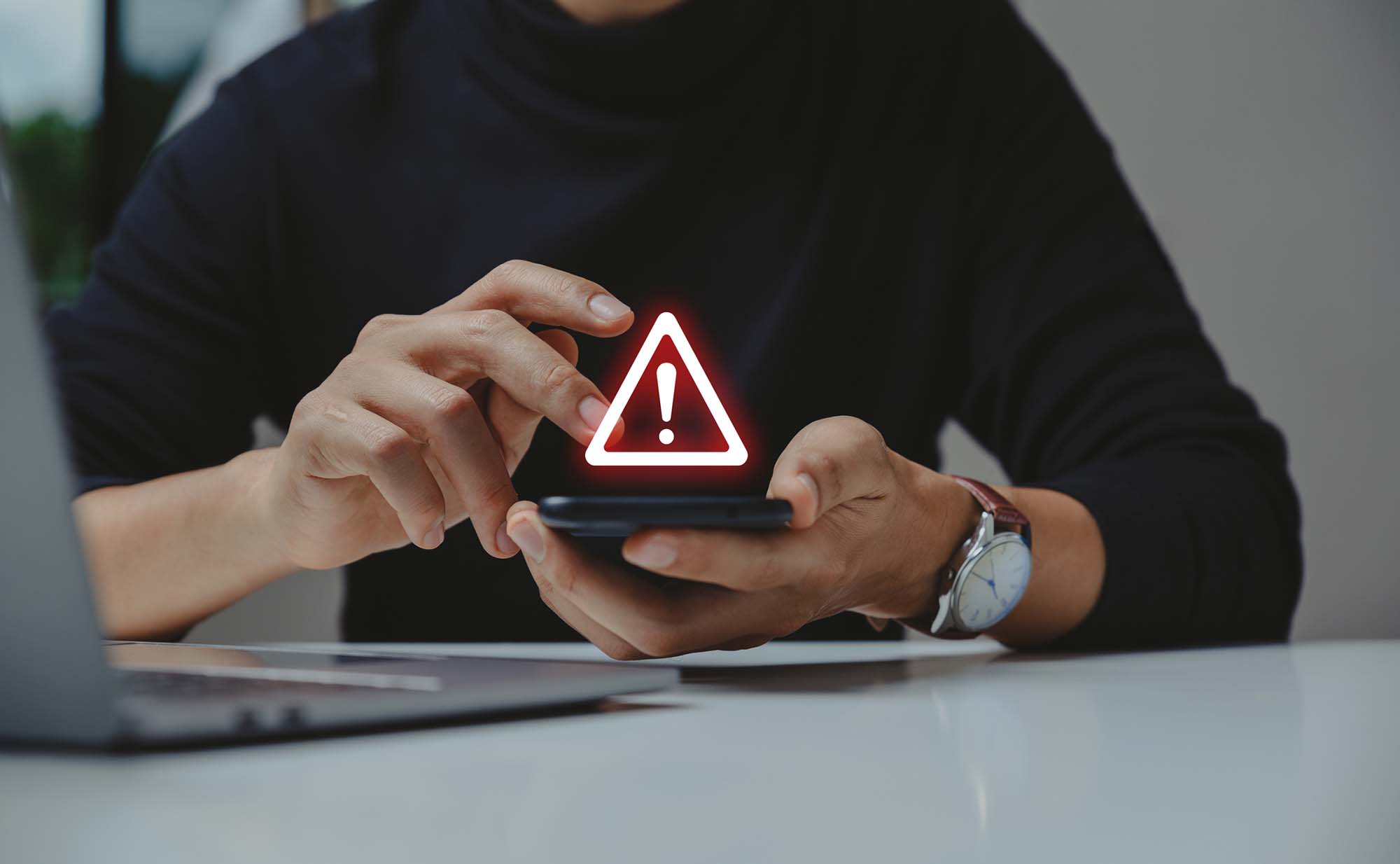Embracing safer gambling habits employs low-risk strategies to enhance your gaming experience, such as adhering to a well-defined budget during your playtime. If you ever find yourself uncertain about the direction of your gambling habits, rest assured, you’re not alone. Explore the valuable tips below and don’t hesitate to seek support if you feel it’s time to navigate a safer and more controlled gambling journey.

Unlike a night in watching your favorite shows, there’s an inherent built-in risk when it comes to gambling and odds are, over time, you will lose more often than you win. Here are some strategies you can use to play safe and have fun.


Compulsive gamblers may try to hide their problems which can result in enormous stress on the gambler and their family and friends. Warning signs that gambling is becoming a problem include:

Please visit the National Council on Problem Gambling screening tool page at: https://www.ncpgambling.org/state/wyoming/
Screening Link to access three problem gambling assessment tools. It is important to note that these screens are not a diagnosis and DO NOT replace a face-to-face evaluation with a trained clinical professional.

For information on resources available in Carbon County, visit their Facebook:
https://www.facebook.com/CarbonCountyProjectPrevention
